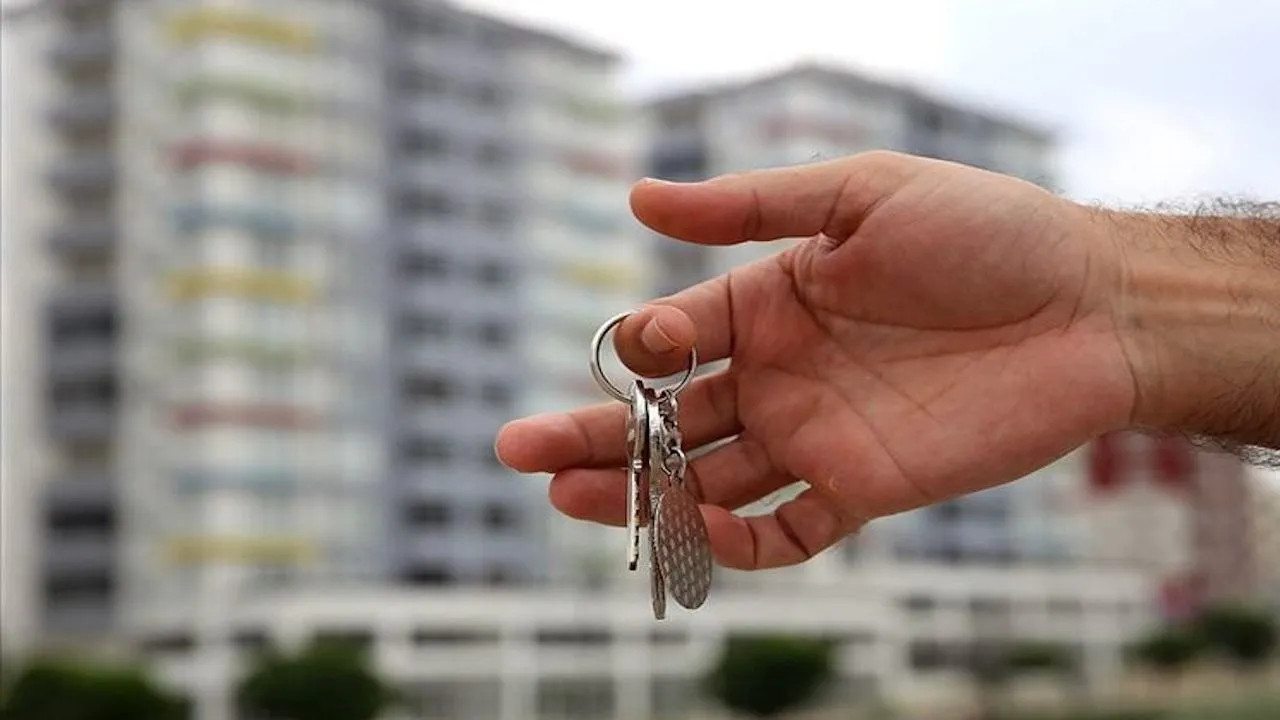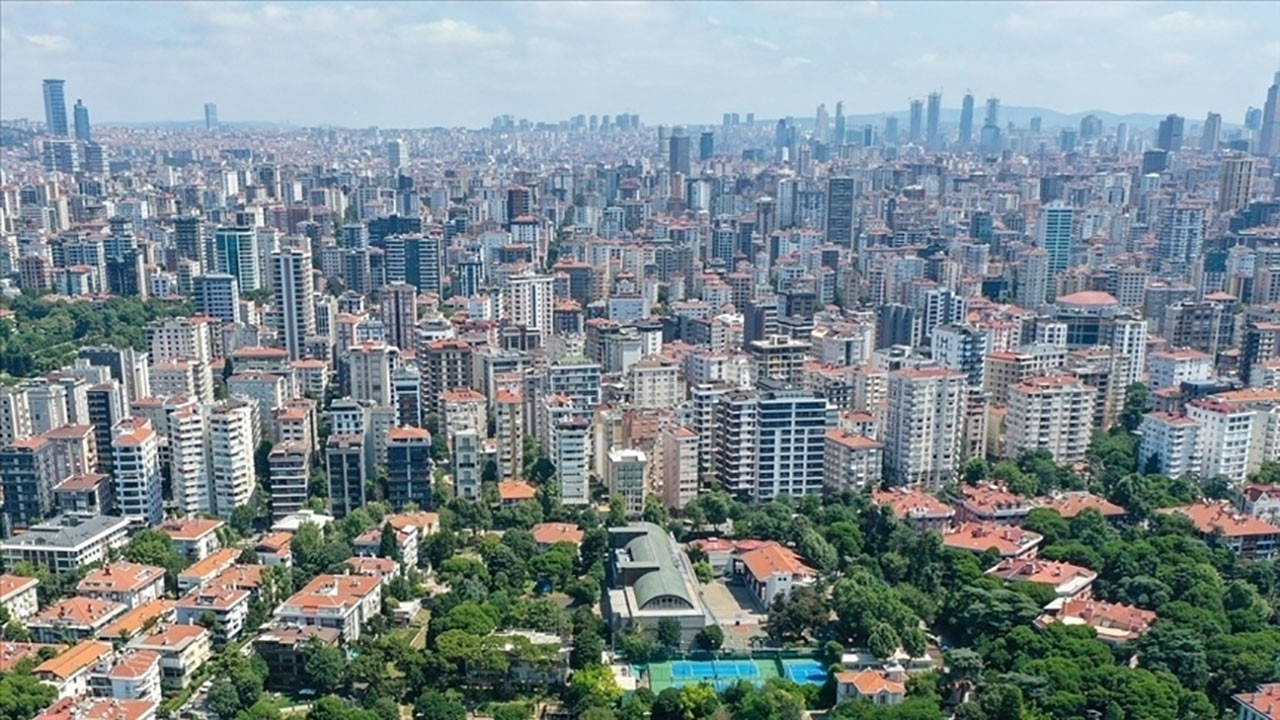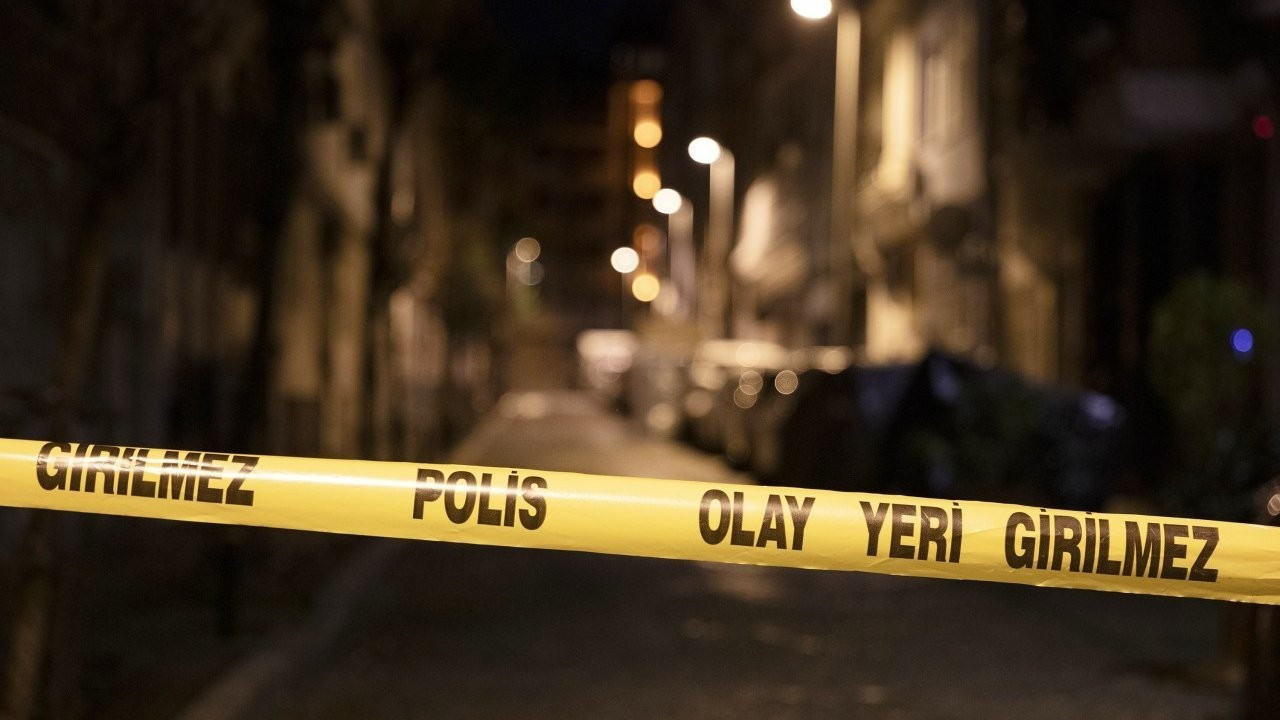Airbnb hosts in Turkey deem upcoming regulation 'prohibition'
Turkish Airbnb hosts have criticized the recent bill submitted by the government, which aims to fine “unlicensed” daily rental houses, saying no one can meet the conditions required, especially those who rent out a room to make ends meet.
Ece Deniz / Gazete Duvar
Turkey’s Culture and Tourism Ministry, and Treasury and Finance Ministry has recently submitted a new bill to the parliament, aiming to fine “unlicensed” daily rental houses such as of giant online platform Airbnb.
If the bill is approved, it will require hosts to obtain a tourism license from the Culture and Tourism Ministry and a fire escape for the building. Hosts who can obtain their license will also be required to hang a tourism sign on the building, and they also need to obtain permission from their neighbors.
Those who do not meet the requirements will be fined up to one million Turkish liras.
Both those who rent out their houses or rooms, and those who do the rental business professionally, have criticized the bill, saying it is not possible to meet the conditions.
Zeynep, an Istanbul University student who lives in Istanbul’s Kadıköy district with her boyfriend and rents out a room in her house to contribute to the rent, told Gazete Duvar that she thought the fines in question would be applied to larger businesses and to those who rent their entire houses.
“How many buildings are there in Turkey that meet the fire escape requirement? I think the neighbors may turn a blind eye to the situation. But if the expenses are more than the income, I cannot rent my room,” she said.
Ali, who has been doing the rental business professionally for years and rents his flats in Kadıköy, stated that the bill is an intervention in private life.
“It is impossible to comply with two of the three articles in the regulation. The first is the fire escape requirement. No residence built before 2008 can meet the requirement. In addition, there must be fire detectors in the entire building, hydraulic mechanisms that automatically close all apartment doors, and fire doors within the building that separate the main staircase from the apartment entrance doors. None of the residences comply with the mentioned conditions because the residences are built in accordance with the zoning regulations determined for residences, not according to the hotel regulations. The second condition is to obtain consent from neighbors; no one will allow this,” he said.
Ali said the fine of up to one million liras was put so that no one should dare to do this business and added that the bill will decrease the number of tourists because there are a limited number of “hotel rooms that can reach the quality of Airbnb properties.”
Rabia, who lives in Ankara’s Çankaya district, said that she started renting her room in order to pay off her loan debt, and added that asking neighbors’ permission will create a surveillance problem.
“I lived abroad for years. No one cared what was going on in my house or how many guests I hosted. The only occasions when I had to notify the neighbors were parties. It is a violation of my rights that my private space is under the control and surveillance of both the state and my neighbors,” she said.
“Additionally, practices such as hanging signs for a simple tax regulation should not be used. These are things that can be arranged very easily if desired. But the obligations mentioned make us think that the issue is not only about taxes... It is a low-income hostility,” she added.
“It is a law introduced because hotel owners do not want to share the pay with such small businesses and individuals. We could not expect a tourism minister (Mehmet Nuri Ersoy) who already owns giant hotel chains to enact another law. Such laws damage the citizen's relationship with the state. The state privileges one group and condemns another to starvation,” another Airbnb host Ali said.
(English version by Alperen Şen)

 Turkish gov’t seeks to regulate Airbnb rentalsDomestic
Turkish gov’t seeks to regulate Airbnb rentalsDomestic Housing prices increase most in three Turkish provinces in worldDomestic
Housing prices increase most in three Turkish provinces in worldDomestic At least 11 people killed in landlord-tenant disputes in Turkey in 2023Economy
At least 11 people killed in landlord-tenant disputes in Turkey in 2023Economy